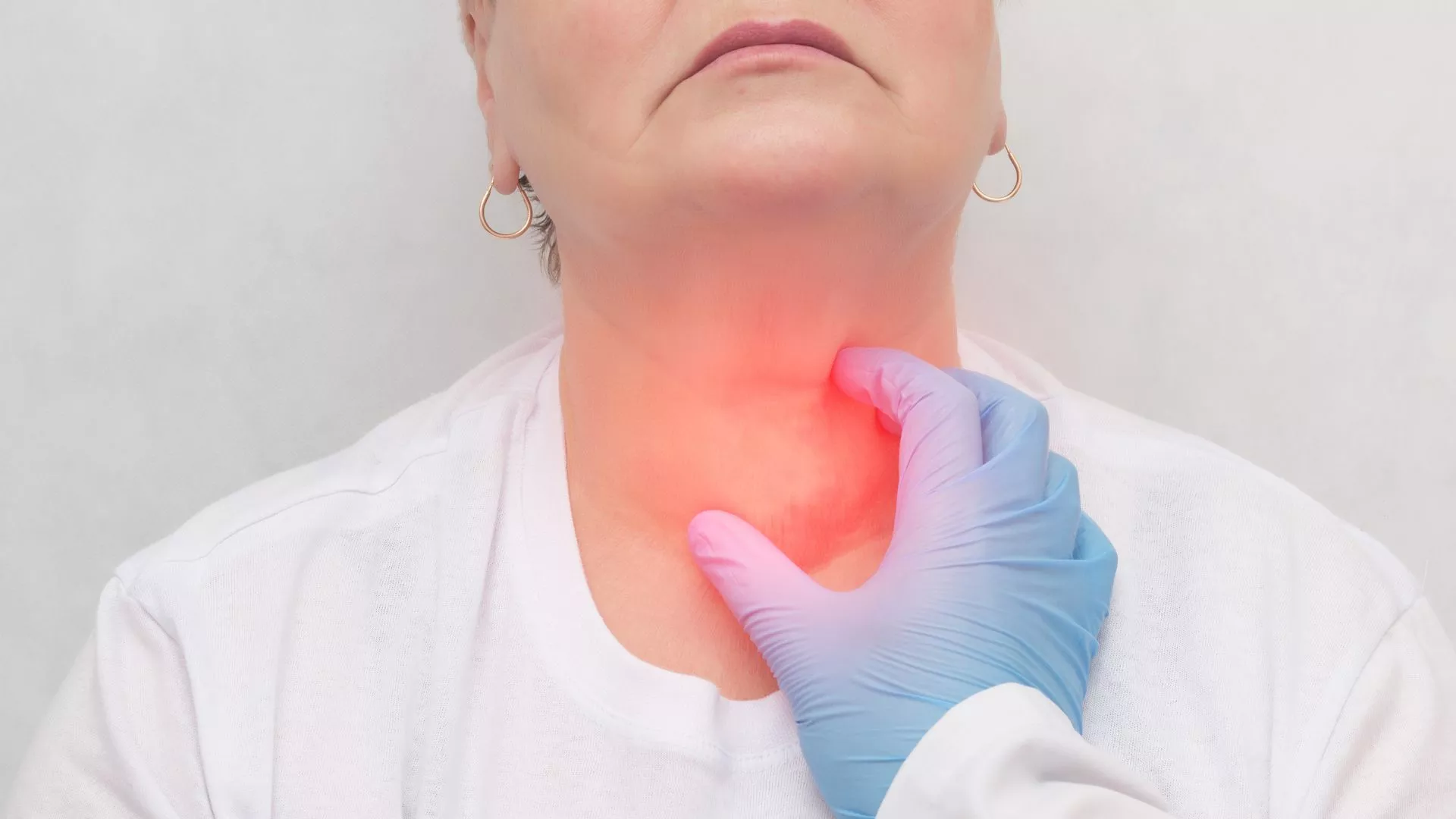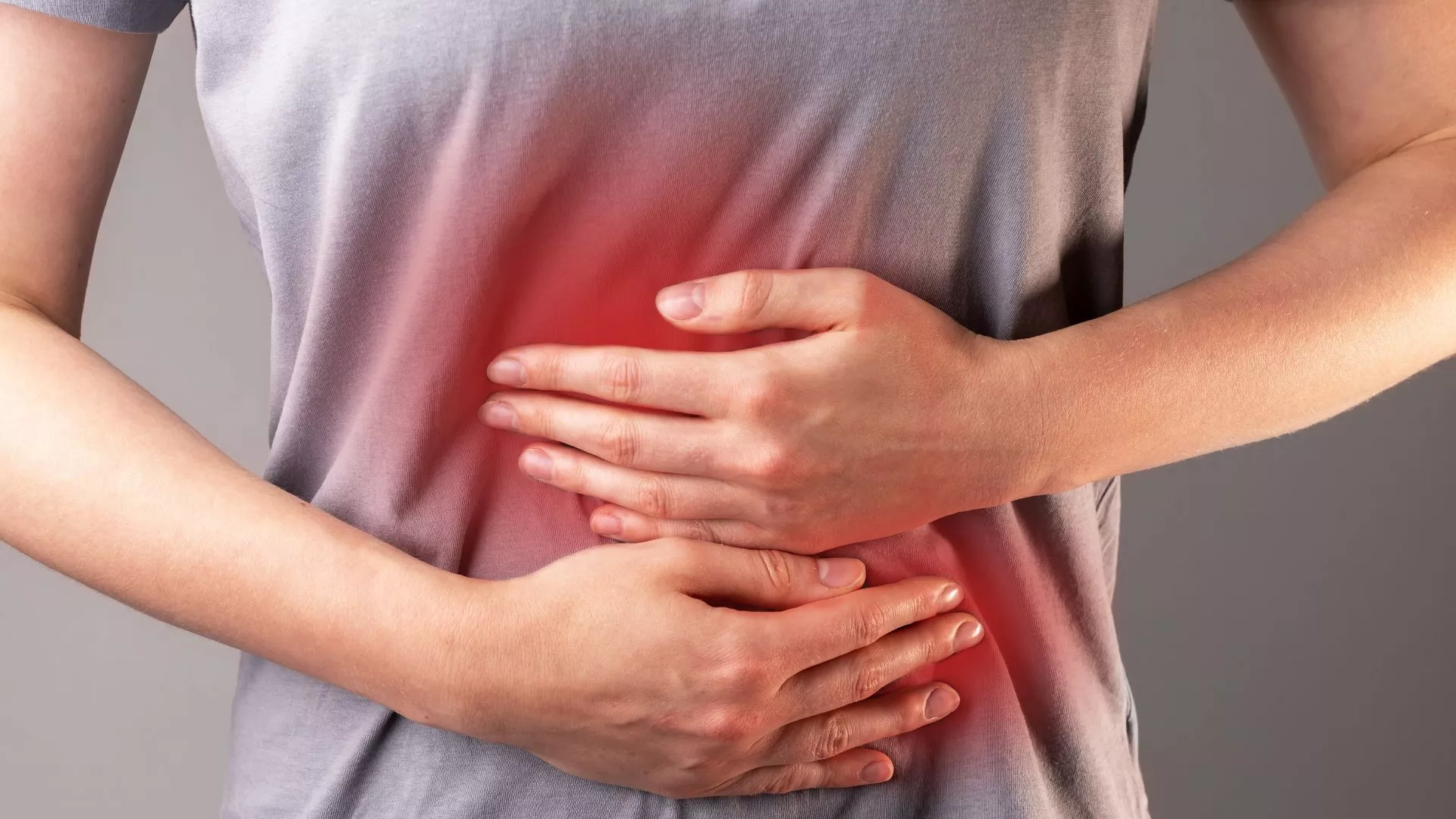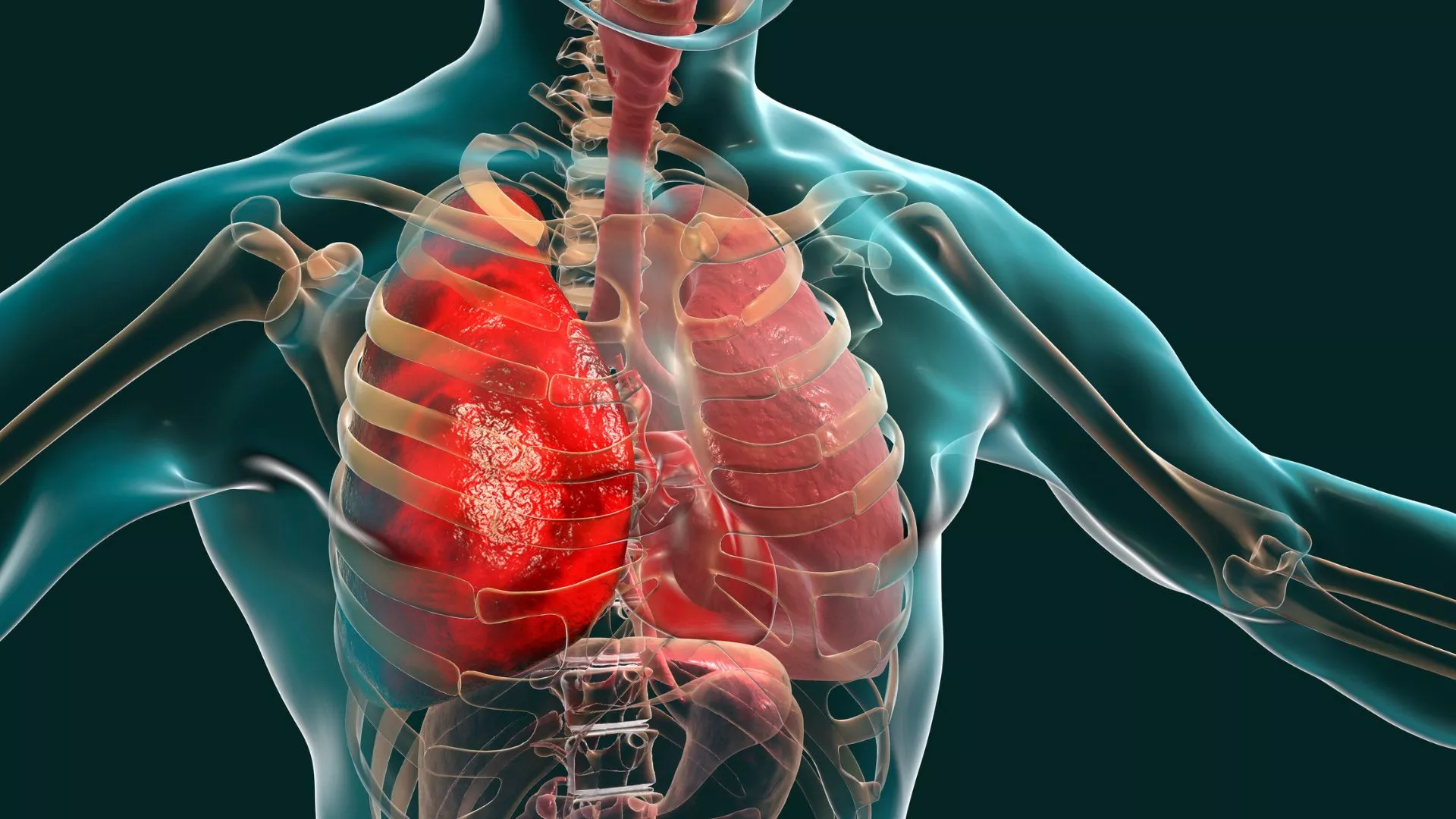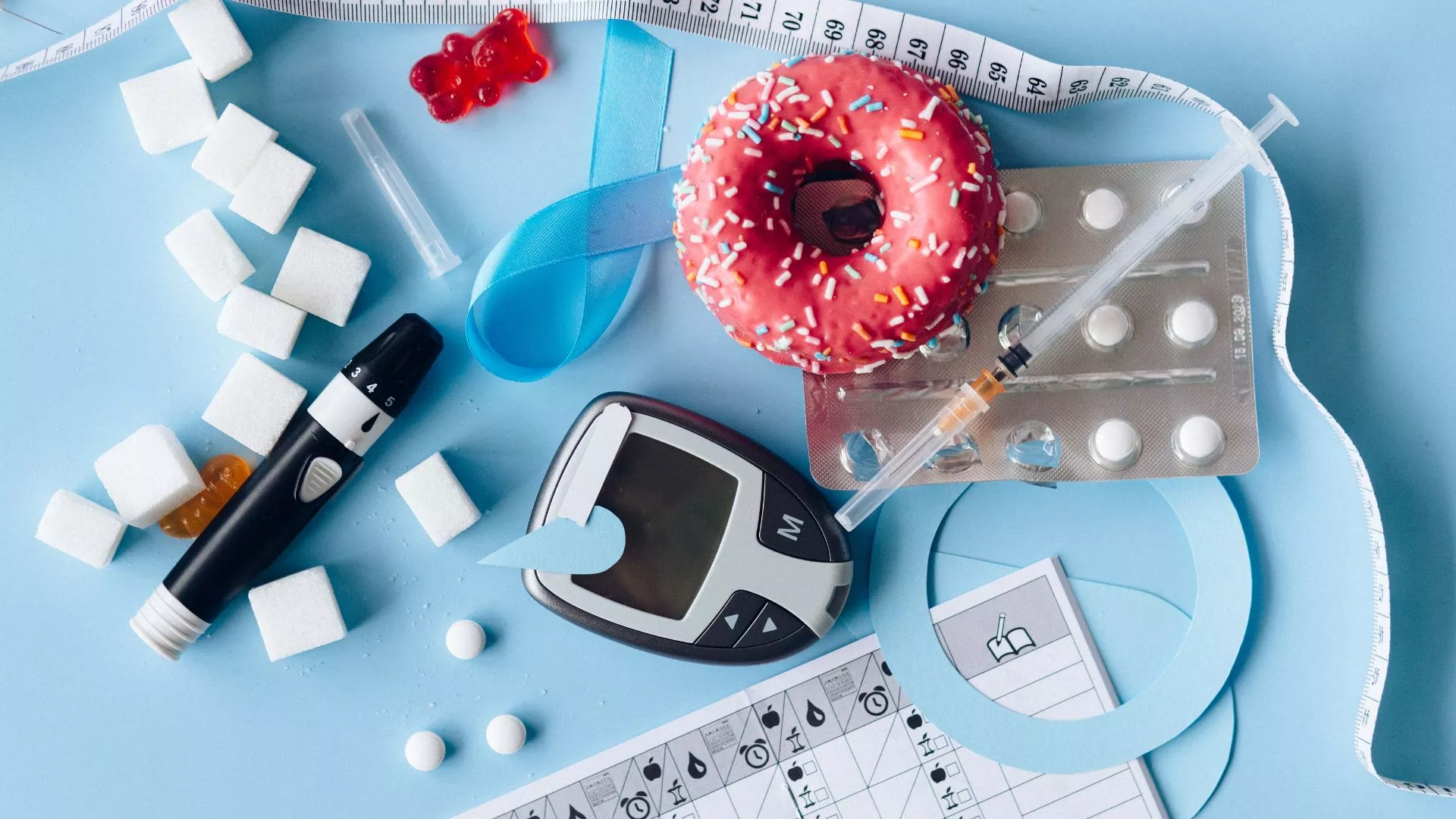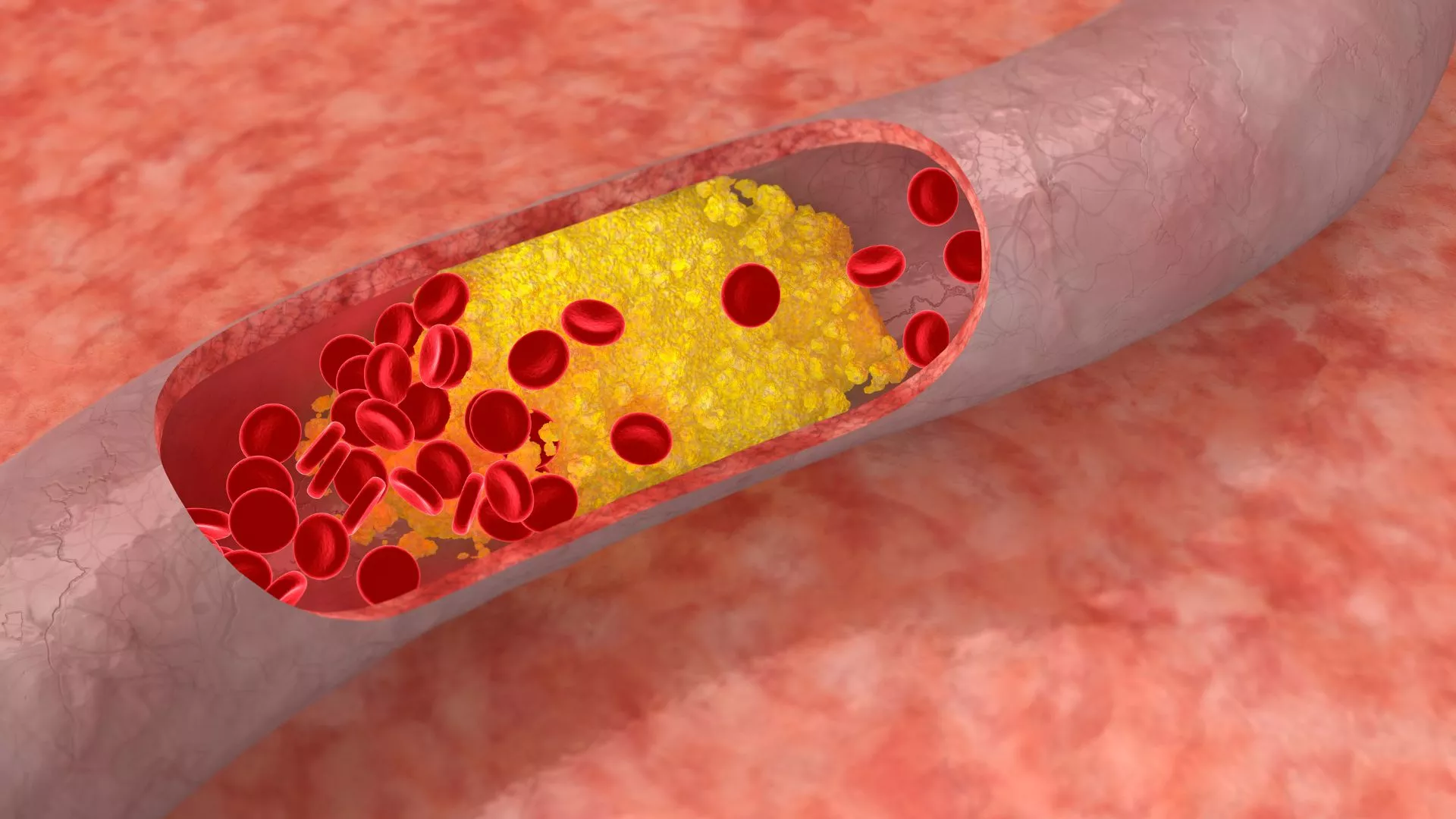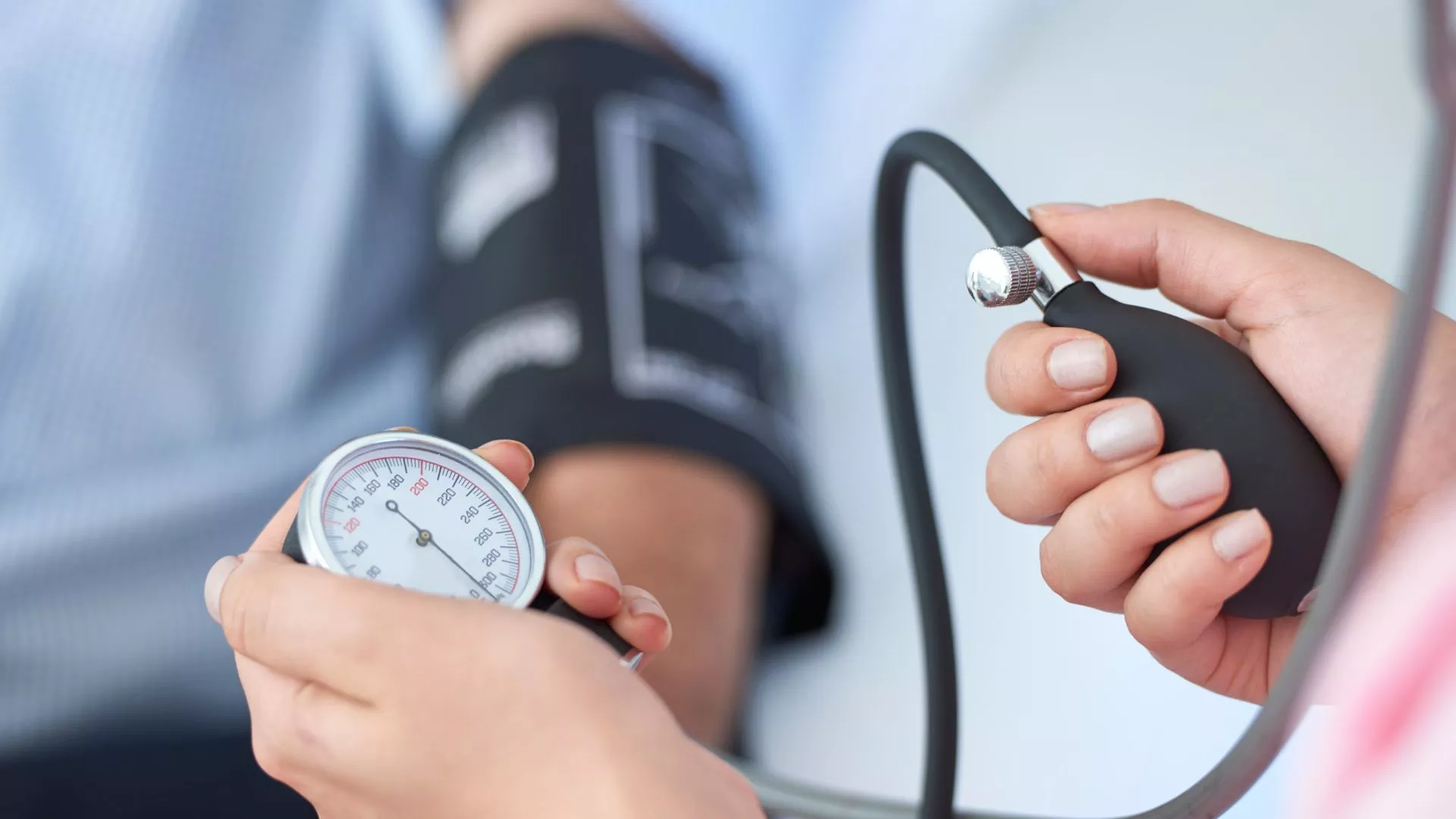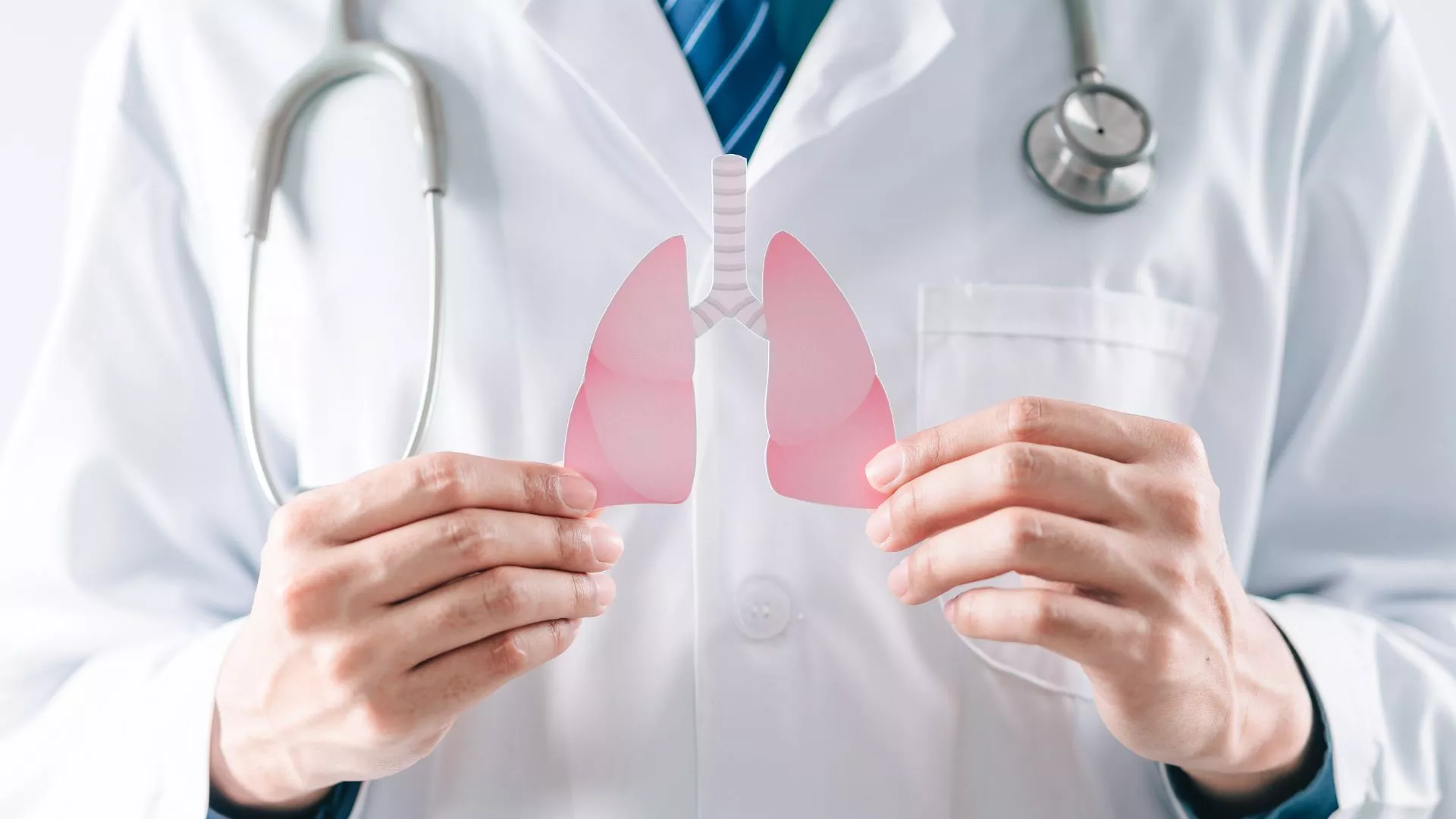
Hugo M Toro, MD, PA
Board Certified Internal Medicine located in Katy, TX
If you’ve been feeling so tired all the time that the simplest task exhausts you, or you’ve been working hard at losing weight with no success at all, it could be due to hypothyroidism. Hugo Toro, MD, PA, a board-certified internist, and his team can help if you have symptoms like these by diagnosing the cause and prescribing a course of medication that should have you feeling better very soon. Call his practice in Katy, Texas, today to schedule a consultation.
Hypothyroidism Q&A
What is hypothyroidism?
Hypothyroidism develops when the thyroid gland in your neck stops making enough thyroid hormones. Your body needs thyroid hormones to regulate your metabolism, which is the process in your body that breaks down food and supplies you with energy.
Thyroid hormones affect many functions, including:
- Heart rate
- Depth of breathing
- Losing or gaining weight
- Body temperature
- Cholesterol levels
- Menstrual cycles
Thyroid disorders are common, especially in women. Hypothyroidism isn’t the only thyroid problem you could have. For instance, your thyroid might start producing too much thyroid hormone rather than too little, which is called hyperthyroidism.
An autoimmune condition called Hashimoto’s thyroiditis is the most common cause of hypothyroidism. Hashimoto’s causes your immune system to produce antibodies that attack your thyroid gland, causing damage that lowers the quantities of hormones the gland can produce. Hashimoto’s thyroiditis can end up destroying the thyroid in time.
What are the symptoms of hypothyroidism?
Typical symptoms of hypothyroidism include:
- Weight gain
- Inability to lose weight
- Extreme fatigue
- Depression
- Menstrual cycle changes
- Dry, thinning hair
- Dry skin
- Slower heart rate
- Temperature sensitivity
- Carpal tunnel syndrome
It can sometimes be hard to recognize these symptoms as being due to hypothyroidism, as many of them are common in other conditions.
As hypothyroidism very often develops when women are in their mid-forties and fifties, it’s not uncommon for hypothyroidism to be mistaken for symptoms of menopause.
How is hypothyroidism diagnosed?
To diagnose hypothyroidism, the Hugo M Toro, MD, PA, team needs to look at your medical history and carry out a physical exam. There could be other causes for your symptoms, so to be sure, they perform blood testing.
These tests measure the levels of the thyroid hormone thyroxine (T4) and the thyroid-stimulating hormone TSH. Low T4 levels indicate you have hypothyroidism. Raised TSH levels with normal T4 levels indicate subclinical hypothyroidism, which means you could develop full hypothyroidism in the future.
Hugo M Toro, MD, PA, can also test for raised antibodies that would indicate you have Hashimoto’s thyroiditis.
How is hypothyroidism treated?
Treatment for hypothyroidism involves taking replacement thyroid hormone every day. The critical factor is to make sure you’re taking the right amount – too little, and your symptoms won’t resolve; too much, and you’ll start to develop hyperthyroidism symptoms.
Managing your condition to ensure you’re taking the optimal dose involves having blood tests regularly to measure your T4 and TSH levels. If you have Hashimoto’s thyroiditis, then checking the antibodies is also important.
Thyroid problems like hypothyroidism aren’t curable, but the Hugo M Toro, MD, PA, team can help you manage them very effectively. With the right treatment, you can lead a virtually normal life.
If you have symptoms that could be due to hypothyroidism, call Hugo M Toro, MD, PA, today.
More Information
For more information about hypothyroidism, Hugo Toro, MD, PA recommends the following sources:
